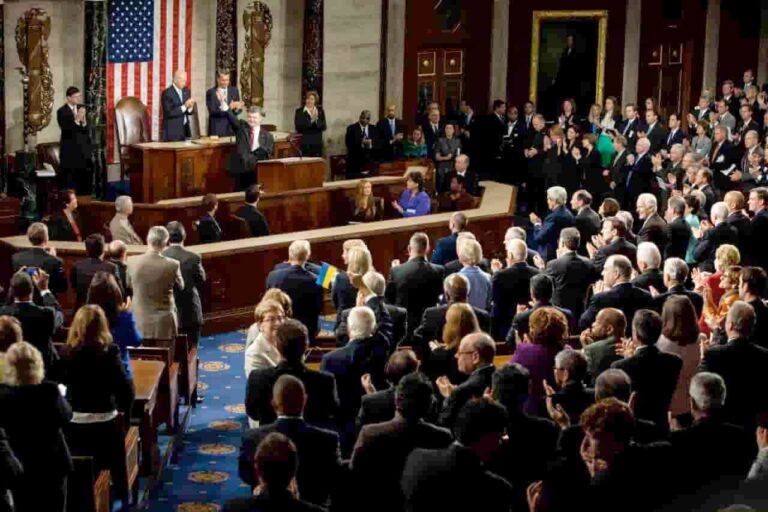In the rapidly evolving world of cryptocurrencies, where the line between innovation and volatility is often blurred, tracking the trades of influential figures can offer intriguing insights. Representative Mike Collins, known for his ventures into the realm of meme cryptocurrencies, has once again caught the attention of crypto enthusiasts with his recent trading activities. His strategic maneuvers in the digital currency arena highlight both the potential rewards and the inherent risks involved.
Mike Collins’ Cryptocurrency Ventures: An Insight into Meme Coin Investments
Representative Mike Collins has recently disclosed a series of digital asset transactions that have sparked interest across the cryptocurrency community. As revealed in a financial disclosure from June 5, Collins made five notable trades of digital assets, each valued in the range of $1,001 to $15,000. Among these trades, a purchase of Sui (SUI) on June 3 stands out for its timing close to the date of the disclosure filing.
Exploring Collins’ Meme Coin Strategy
One of Collins’ most intriguing trades involved the meme coin Ski Mask Dog (SKI). After initially buying SKI on May 5 and selling it three days later, Collins re-engaged with the coin by purchasing additional shares on May 9 and May 12. This sequence of trades occurred amidst a period of heightened volatility for SKI, which saw a 1.3% increase over the past month, trading at $0.05623 at the time of reporting.
Mike Collins’ Other Noteworthy Transactions
Beyond meme coins, Collins has also taken an interest in more established cryptocurrencies. He made a significant investment in The Graph (GRT), acquiring between $1,001 and $15,000 worth of the asset on May 9. This investment, though less volatile than his meme coin ventures, still reflects an adventurous trading strategy.
Assessing the Implications of Collins’ Trades
While there is no direct evidence suggesting any wrongdoing, the timing and choice of Collins’ trades raise questions about market timing and strategy. Most lawmakers tend to invest in well-known cryptocurrencies like Bitcoin (BTC) or Ethereum (ETH). In contrast, Collins’ consistent focus on meme coins, which lack solid fundamentals, underscores his risk-tolerant investment approach.
In the past, Collins has faced similar scrutiny. Notably, in December, he reported three cryptocurrency trades, including two purchases of SKI, each within the same value range. His willingness to engage with volatile assets has led to mixed results. For instance, in July 2024, Collins reportedly earned a $38,000 profit from a $50,000 investment in Aerodrome Finance (AERO), yet he also experienced significant losses with his stake in Velodrome Finance (VELO).
How does Mike Collins’ trading strategy affect his financial standing?
While Collins’ ventures into meme coins may suggest a high-risk, high-reward strategy, they demonstrate his willingness to leverage market volatility. However, the unpredictable nature of meme coins could have profound implications on his overall financial portfolio, requiring careful analysis and risk management.
Are meme coins a viable investment option?
Meme coins, despite their popularity and potential for rapid gains, often come with significant volatility and lack of intrinsic value. Investors should approach them with caution, conducting thorough research and considering their risk tolerance before investing.
What is the significance of transparency in cryptocurrency trades for lawmakers?
Transparency in cryptocurrency trades by lawmakers fosters trust and integrity. It allows the public to monitor potential conflicts of interest, ensuring that personal investments do not influence legislative decisions.
As cryptocurrencies continue to capture global interest, the activities of influential figures like Mike Collins will likely remain in the spotlight. By navigating both mainstream and niche assets, Collins exemplifies the dynamic nature of cryptocurrency investments. This comprehensive guide sheds light on the complexity of navigating such volatile markets while emphasizing the need for diligence and informed decision-making.

